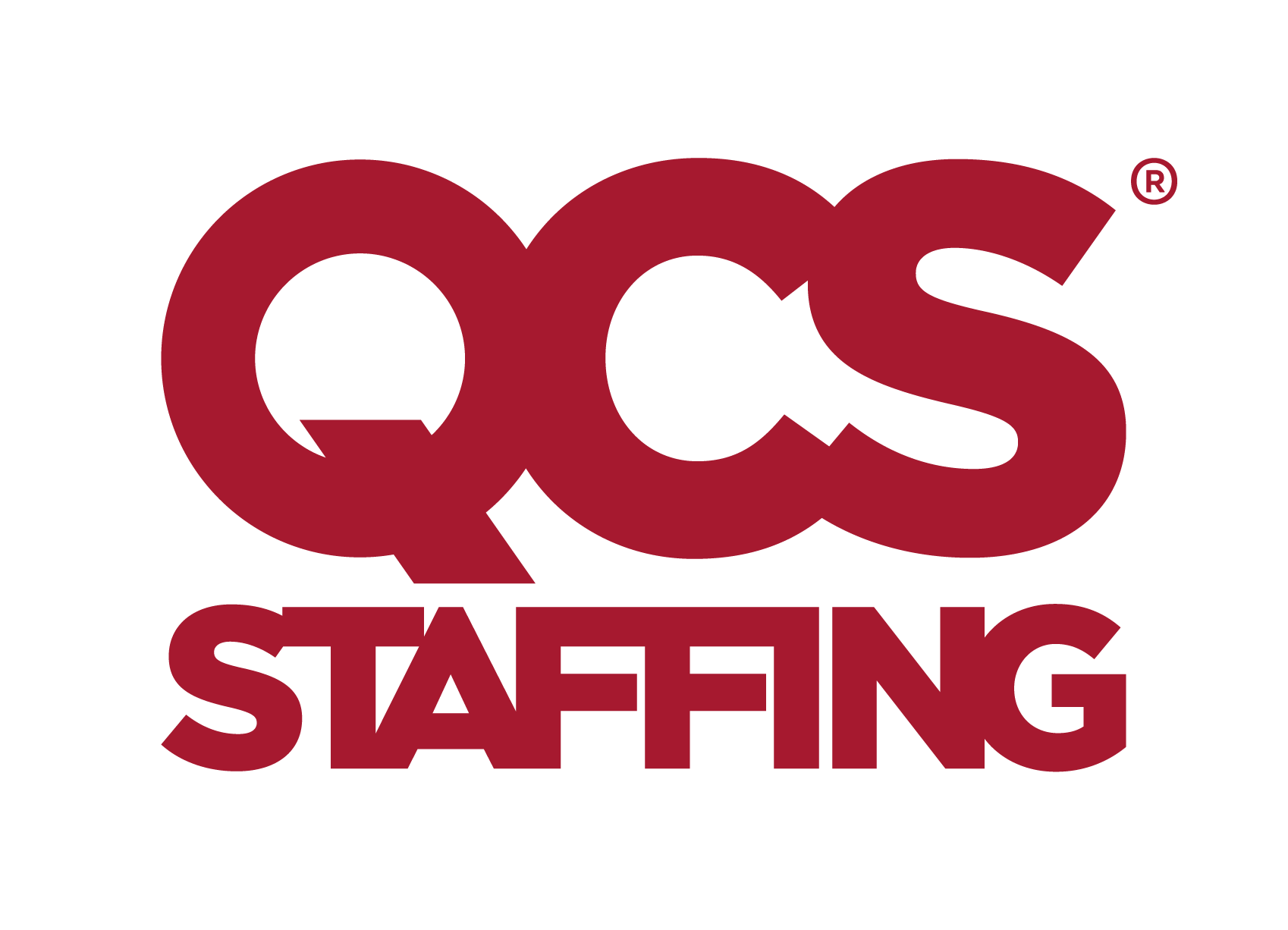7 QA Skills Pharma Companies Won’t Compromise On
In pharma, quality isn’t just a nice-to-have, it’s the
foundation everything is built on. From early-stage development to large-scale
manufacturing, QA professionals are the ones making sure every product is safe,
compliant, and ready for market. They’re the quiet force behind every
successful batch release and regulatory approval.
When it comes to hiring for QA roles, pharma companies are
clear on what they need. There are certain skills they won’t budge on, no
matter how impressive the rest of the CV looks. But what exactly are pharma
companies looking for, and how can you position yourself as the candidate
they can’t overlook?
Regulatory Knowledge
Pharmaceutical companies place a high value on QA professionals who have a deep and practical understanding of global regulatory frameworks. This includes Good Manufacturing Practice (GMP), GoodClinical Practice (GCP), Good Distribution Practice (GDP), and the InternationalCouncil for Harmonisation (ICH) guidelines. Compliance with regulatory bodies such as the FDA (U.S.), EMA (Europe), and MHRA (UK) is non-negotiable, and companies rely on QA teams to ensure every process and product meets these expectations.
Attention to detail
Having strong attention to detail is an essential trait. The pharmaceutical industry operates under strict regulatory scrutiny, and even the smallest oversight can have serious consequences, from delayed product releases to regulatory penalties. QA professionals are responsible for reviewing batch records, monitoring manufacturing processes, investigating deviations, and ensuring that every document and procedure meets exacting standards.
Pharma companies actively seek individuals who consistently demonstrate high levels of accuracy and thoroughness in their work. This could be someone who’s known for catching errors that others miss, maintaining clean and audit-ready documentation, or spotting inconsistencies during routine checks.
Mastering this skill doesn’t just make you a stronger QA candidate, it opens doors to roles in validation, auditing, clinical QA, and even regulatory affairs, where precision is equally critical. Attention to detail isn’t just about doing the job right, it’s about building trust, ensuring compliance, and positioning yourself for long-term success in the life sciences sector.
Risk Management Expertise
Risk management is no longer a niche skill in QA, it’s central to how pharmaceutical companies operate. Today’s QA professionals are expected to think ahead, identifying potential risks before they become real problems. This means being confident in using structured methodologies like FMEA (Failure Mode and Effects Analysis), which helps map out where and how a process might fail, and root cause analysis. Once issues are identified, QA teams rely on CAPA (Corrective and Preventive Actions) to not only fix the problem but ensure it doesn’t happen again.
Many organisations offer internal training, and external certifications in quality risk management can also help you build credibility
Strong Communication Skills
Strong communication skills are often what separates technically capable QA professionals from those who truly thrive in cross-functional environments. In pharma, QA teams are expected to collaborate daily with manufacturing, R&D, regulatory affairs, and senior leadership. Being able to clearly explain quality concerns, write concise and accurate reports, and train others on SOPs is a core part of the role.
Strong communicators are often fast-tracked into leadership roles, project management positions, or cross-functional quality initiatives. It’s a skill that not only improves your effectiveness in QA but also makes you a valuable link between departments, someone who can bridge gaps, solve problems collaboratively, and drive quality forward.
Data Integrity and Documentation
Every record, every signature, and every data point must be accurate, traceable, and audit ready - that’s why pharma companies place such a strong emphasis on data integrity. QA professionals are expected to uphold ALCOA+ principles, making sure data is Attributable, Legible, Contemporaneous, Original, Accurate, and also Complete, Consistent, Enduring, and Available. These standards are what ensure trust in the product and the process behind it.
To build strength in this area, candidates should become familiar with electronic quality systems like LIMS and SAP. Understanding how to manage audit trails, version control, and electronic signatures is increasingly important as companies move away from paper-based systems. Mastery of data integrity doesn’t just make you a reliable QA professional, it can lead to roles in IT compliance, digital QA, and quality systems development, especially as the industry continues to embrace automation and data-driven decision-making.
Continuous Improvement Mindset
Pharma companies don’t just want QA professionals who maintain standards, they’re seeking individuals who will noticeably impact their team. A continuous improvement mindset is about looking at existing processes and asking, “How can we do this better?” Whether it’s reducing deviation rates, streamlining documentation, or improving audit readiness, candidates who take initiative and challenge inefficiencies are highly valued.
Over time, this mindset can open doors to roles in operational excellence, quality strategy, or cross-functional leadership, where your ability to drive change becomes a key asset.
Audit and Inspection Readiness
Being audit-ready isn’t just about having your documents in order, it’s about being confident, prepared, and able to represent your work in various situations. QA professionals are often the first point of contact during internal audits, client inspections, and regulatory reviews. Pharma companies want individuals who can stay calm under pressure, answer questions clearly, and demonstrate compliance without hesitation.
A great starting place is to volunteer to support audit preparation or sit in on inspections. Learn how to respond to findings, implement CAPAs, and maintain documentation that’s always inspection ready. The more exposure you have to audits, the more confident and capable you’ll become. This skill is especially valuable for those looking to move into compliance, auditing, or global QA leadership roles, where being the face of quality is part of the job.
Find your next quality job with QCS Staffing
QCS Staffing is here to help. With our expertise in pharmaceutical recruitment, we can connect you with top employers and exciting opportunities. We can help you find the perfect role to match your skills and aspirations, there are endless opportunities within the pharmaceutical industry! If you are interested in a role in the pharmaceutical world, we have a diverse portfolio of roles including QA roles. So, if you want to find your perfect role, submit your resume and we will get in touch.
Contact us today to learn more about how we can help you take the next step in your career.







.png?v=bb5861e0dc65c63024129110486b8e2a)
